Question And Answer
Publications
Articles, publications, books, tools and multimedia features from the U.S. Institute of Peace provide the latest news, analysis, research findings, practitioner guides and reports, all related to the conflict zones and issues that are at the center of the Institute’s work to prevent and reduce violent conflict.
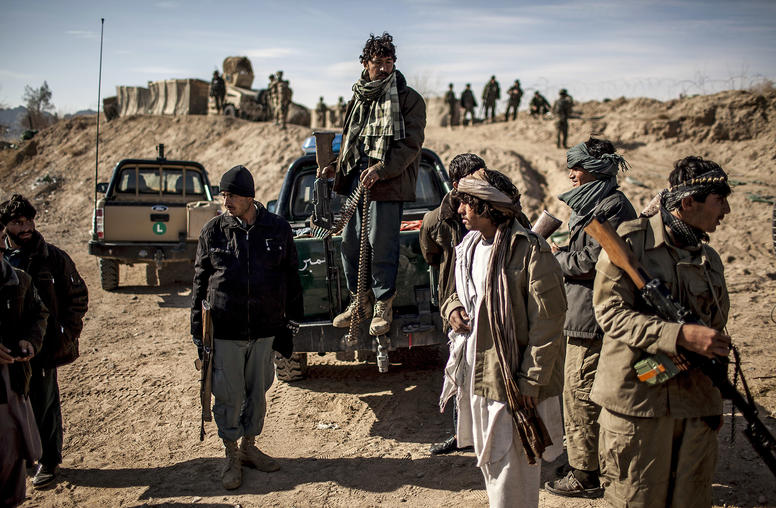
What Afghanistan Teaches Us About Evidence-Based Policy
Even as the debate over the lessons learned by the U.S. government in Afghanistan continues, several clear conclusions have emerged. One is that U.S. agencies repeatedly underestimated the time and resources needed to support a nation wracked by decades of war, while they failed to follow a consistent plan for civilian recovery efforts. U.S. personnel also lacked the training needed to be successful in the field, and monitoring and evaluation efforts did not receive the policy attention required to enable course corrections and learning.
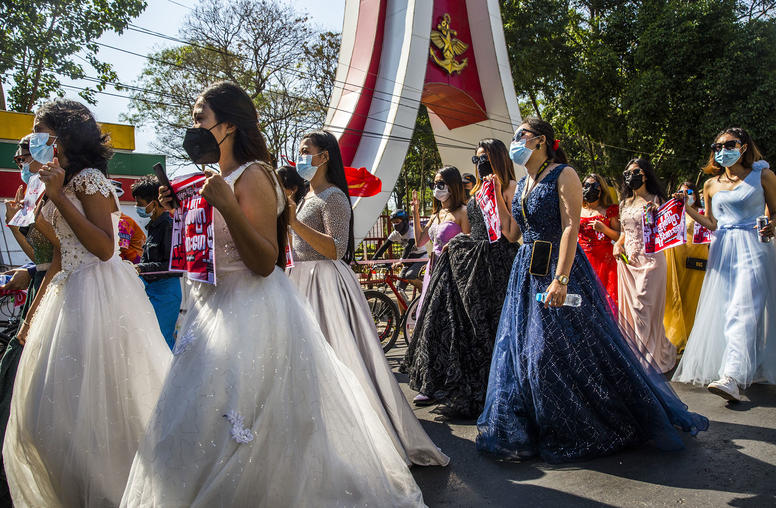
Myanmar’s Ongoing War Against Women
When the United Nations began its annual campaign to end violence against women 30 years ago, no one had Myanmar on their radar. But in recent years, Myanmar’s military has escalated its use of sexual and gender-based violence to terrorize women and girls — most infamously against ethnic minorities, notably the Rohingya. Confronted by these atrocities, the international community has issued widespread demands for accountability and justice that have yet to come to fruition.

Knox Thames on the State of Global Religious Freedom
It’s been 40 years since the U.N. adopted a resolution to end persecution based on faith and defend religious minorities. USIP’s Knox Thames says decades later, “It’s a work in progress … While the situation is bleak, there is a global movement that is starting to build and trying to meet this challenge.”
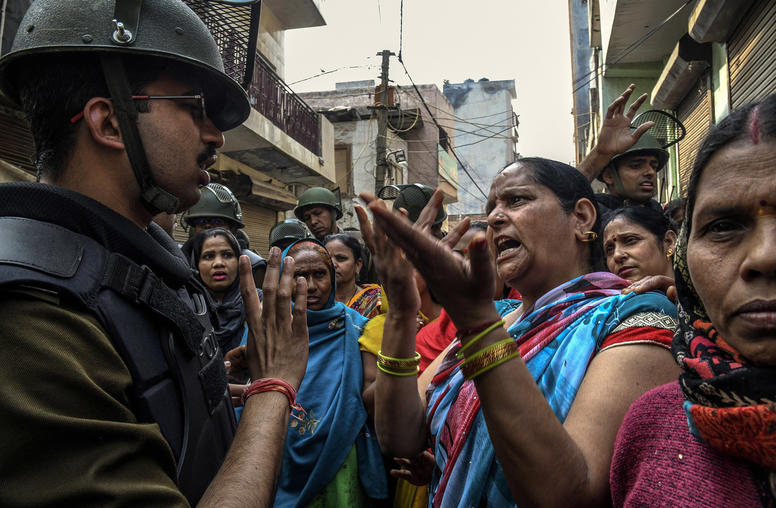
Unrealized Ideal: 40 Years After a Seminal Declaration on Religious Freedom
Anniversaries serve as natural inflection points, opportunities for introspection, to take stock and to consider where to go next. November 25 marked the 40th anniversary of the 1981 U.N. Declaration on the Elimination of All Forms of Intolerance and of Discrimination Based on Religion or Belief. Despite its unwieldy name, the aim was simple: to promote freedom of religion or belief and condemn discrimination based on faith. The 1981 Declaration was a culmination of almost four decades of U.N. efforts to develop international legal protections for freedom of belief to defend minorities from persecution. Forty years later, however, almost two-thirds of humanity live in countries with restrictions on the practice of faith.
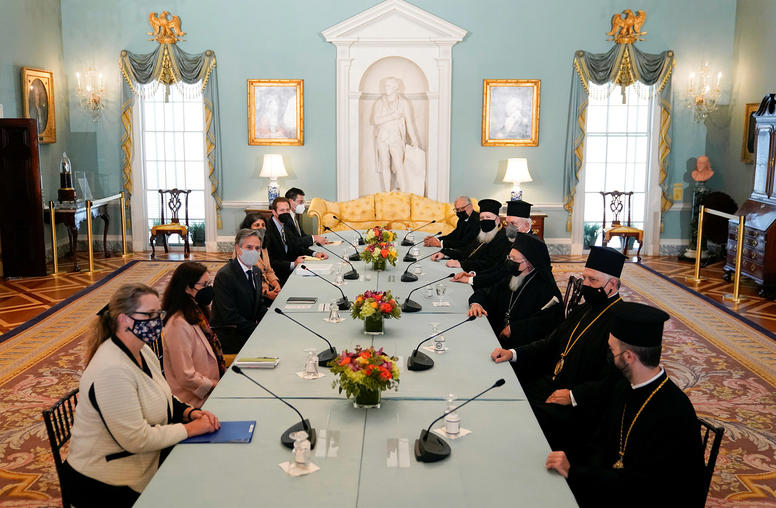
Advancing Global Peace and Security through Religious Engagement: Lessons to Improve U.S. Policy
Since 2001, when the Bush administration created a unit within the White House to work on faith-based initiatives, Democratic and Republican administrations alike have sought to engage religious actors worldwide in support of their diplomatic, development, and defense initiatives. This report, based on the authors’ decades of experience working within and outside government, offers specific suggestions for steps the U.S. government can take to clarify the nature of its religious engagement mission and to better coordinate that mission in relation to its other peacebuilding and national security priorities.

Ambassador Makila James on Secretary Blinken’s Trip to Africa
Secretary of State Antony Blinken’s recent trip to Kenya, Nigeria and Senegal was a major step toward re-establishing U.S. engagement on the continent, says USIP’s Makila James: “Showing up matters in Africa … it’s important to demonstrate to Africans that Africa is vital to U.S. national interests.”
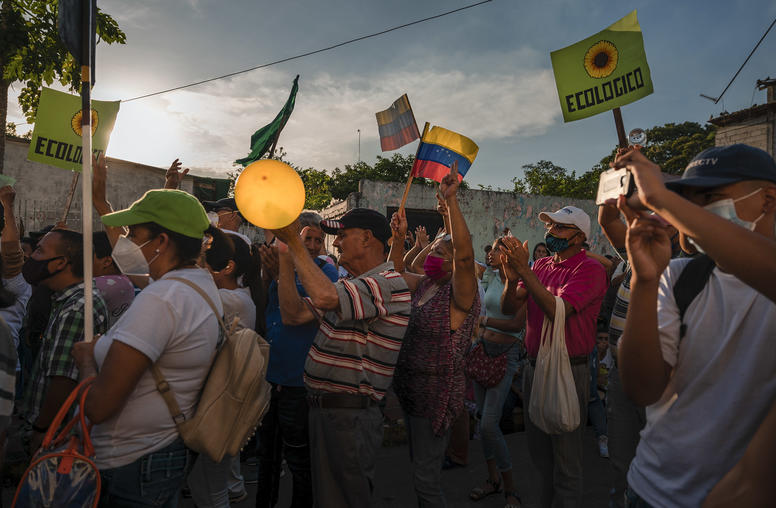
Many Venezuelans Choose a Flawed Election Over No Election
Venezuelans elected governors, mayors and local officials November 21 in a vote condemned by many as stacked hopelessly against the opposition or simply fraudulent. An increased turnout over elections last year appears to reflect many Venezuelans’ growing belief that they have gained little with voting boycotts. They believe participation in even a flawed election advances the concept of “re-institutionalization,” which aims to progressively reform the machinery of democracy after years in which it has been undermined by the ruling party. Advocates of this strategy say that restoring democracy must be a long game of incremental advances.
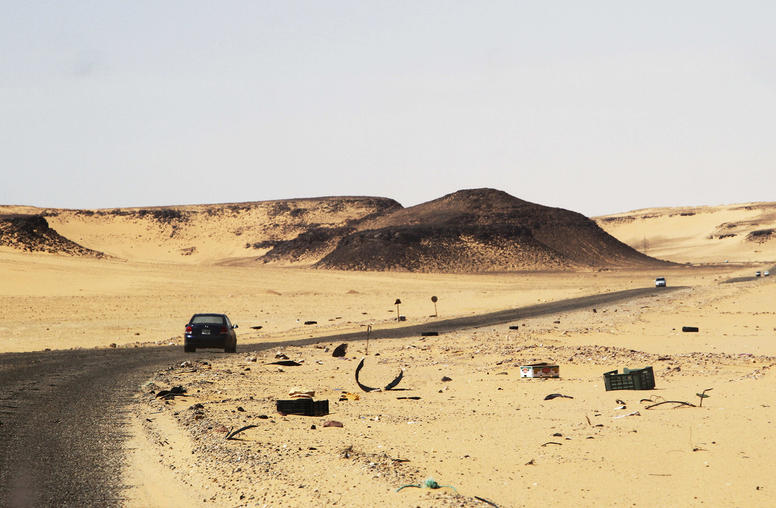
Young and Angry in Fezzan: Achieving Stability in Southern Libya through Greater Economic Opportunity
The Fezzan region of Libya is home both to the country’s largest oil field, making it key to Libya’s oil-based economy, and to some of its direst poverty. Young people have borne the brunt of the region’s chronic development challenges, making them vulnerable to recruitment by armed groups and criminal networks. This report focuses on the grievances of Fezzan’s youth and explores how peacebuilding efforts can channel their needs and aspirations into larger conversations about the region’s long-term political and economic development.
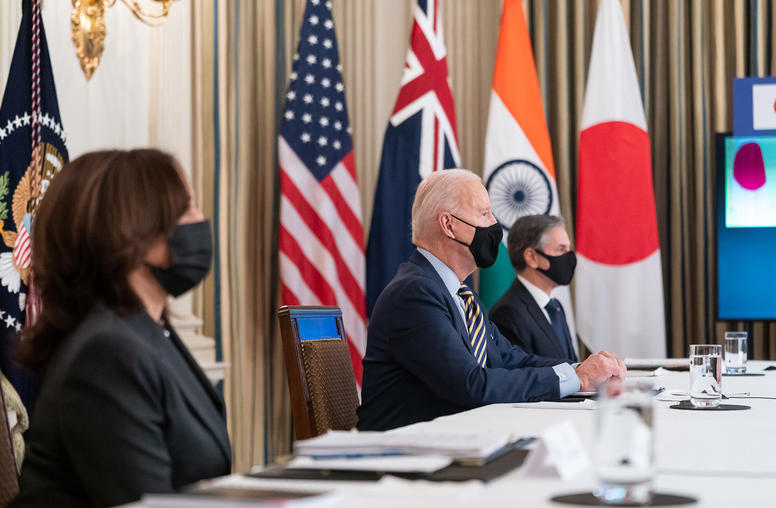
Addressing the ‘Global Challenge’ Posed by China
The United States must ensure that its focus on the Indo-Pacific region does not come at the cost of its interests in other parts of the world where China also poses a challenge, according to U.S. National Security Council Coordinator for the Indo-Pacific Kurt Campbell.
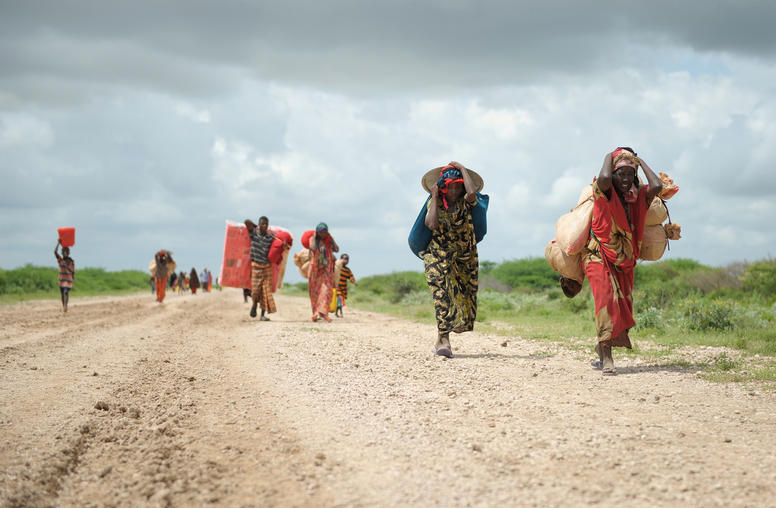
Glasgow’s Summit Will Spur Change—on Climate and in Conflicts
When the 26th Conference of Parties of the U.N. Framework Convention on Climate Change closed over the weekend in Glasgow, delegates and observers left with both disappointment that so little had happened and relief that so much had. As the world now weighs the results of the Glasgow climate summit, the global peacebuilding community should do the same. We should analyze where the summit might alter risks of violent conflict and opportunities for the community—including peacebuilding organizations, local civil society groups and policymakers—to respond.